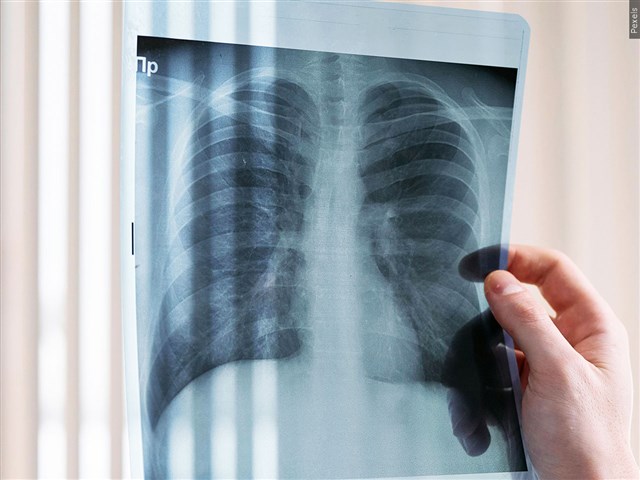Carilion Clinic has expanded its midwifery services. As WFIR’s Denise Allen Membreno reports the move helps expand...
Health and Medicine
The United States is a experiencing a surge in four major viruses right now – and all...
The American Heart Association wants Roanoke to go red on Friday. Roanoke landmarks, the Hotel Roanoke, the...
Quitting an addictive substance is hard – and may take more than one attempt to leave behind....
Carillion Clinic Dental Care is working to reach children who don’t see a dentist regularly. As WFIR’s...
Lewis-Gale Medical Center and its parent company HCA has announced a $25,000 grant to United Way of...
Smoking will cost Virginia smokers more than $3-point-6 million dollars over their lifetime, this is according to...
Over the last 13 years “Dry January” has become more popular. Many are taking the first month...
NOTE: THE ENROLLMENT DEADLINE IS NOW MOVED TO 11:59PM WEDNESDAY, JANUARY 22. Virginians have until tomorrow night...
The annual Hunger Atlas Report by the nonprofit group Hunger Free America says more than 700,000 Virginia...
The fight to make prescription drugs more affordable in Virginia is back in the spotlight as lawmakers...
Virginia’s nursing homes face staffing shortages that advocates say are impacting care quality. As WFIR’s Ian Price...
Whether you’ve resolved to get fit in 2025 or just want to have more fun, officials at...
A New Year’s resolution could save your life. Experts are urging Virginians to prioritize their lung health...
An area sporting goods store is helping people keep their resolutions to get healthy. WFIR’s Denise Allen...















